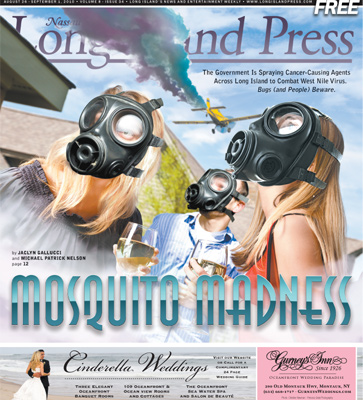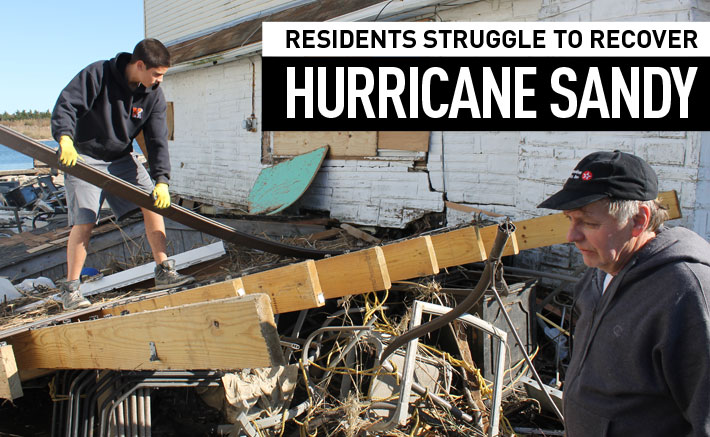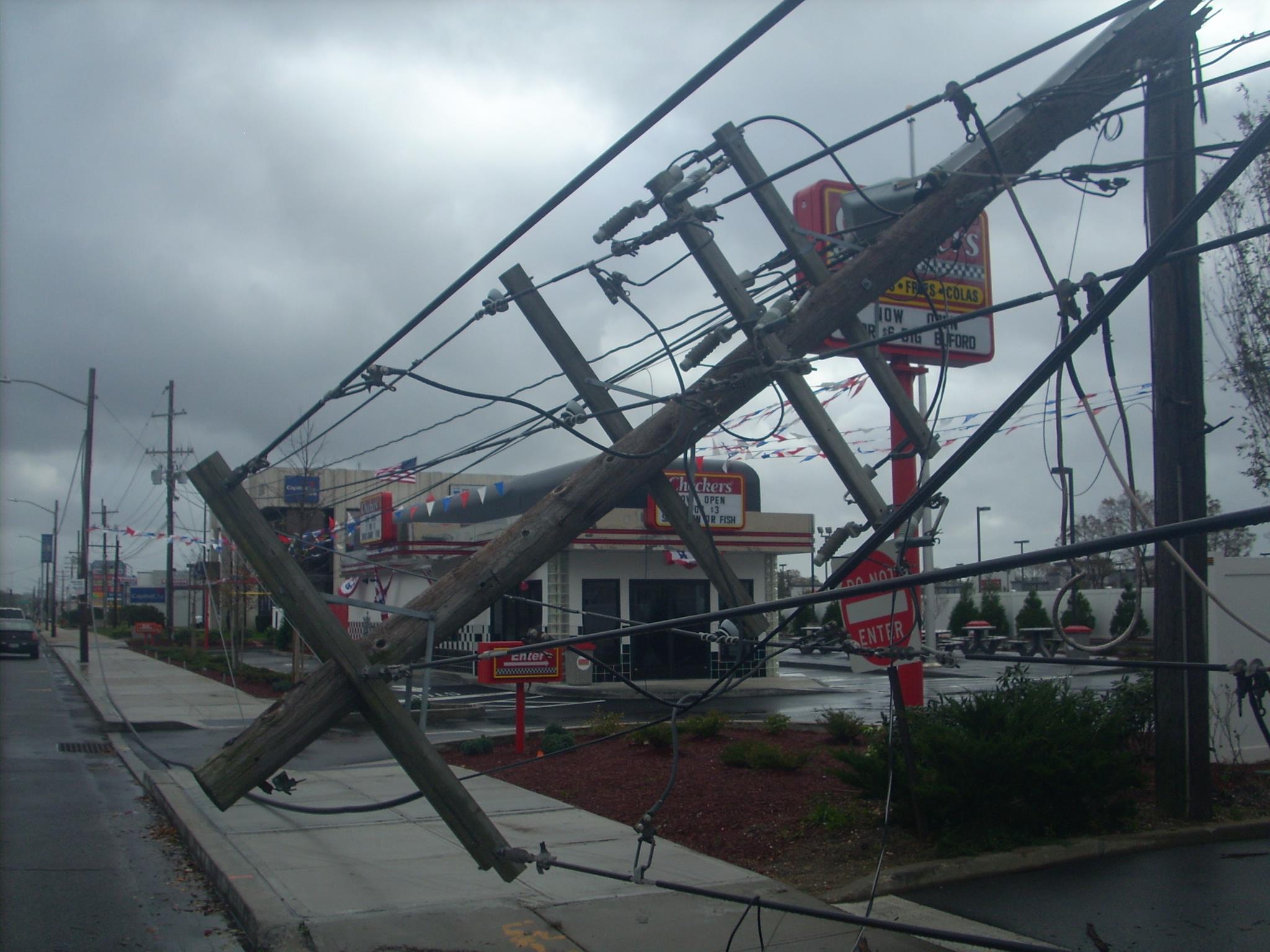
by Jaclyn Gallucci and Michael Patrick Nelson
When Sandy D’Angelo’s parents moved to Valley Stream more than 80 years ago, they were surrounded by farmland.
“It’s hard to believe if you look around today, but those were all fields,” she says, pointing to the row of houses across the street.
Now, Sandy lives here with her husband and two kids. The only hint of farmland is a small tomato garden in her backyard.
“My mother always had a tomato garden when I was growing up, so I do this for her—and me,” she says laughing, adding that you haven’t eaten a real tomato until you’ve had one picked directly off the vine.
But Sandy doesn’t plan on eating any more of them this year. The garden, covered with nearly ripe tomatoes, sits there purely for show, because she can’t bring herself to pull the plants.
See, just a few weeks ago, when Sandy and her family returned from a vacation in Florida, she noticed her car windshield had a foggy film on it. She later heard from a neighbor that the county had undergone aerial insecticide spraying for West Nile Virus, a mosquito-borne infection that can cause illness and, in some cases, death.
“If that was on my car, it has to be on the tomatoes too, and the skin of a tomato is a lot more absorbent than a glass windshield,” she says. “I can’t risk eating them, not with my family history.”
Sandy’s mother died 10 years ago from breast cancer.
Mosquito spraying began this summer on June 29 on Fire Island, the earliest spraying done on Long Island since West Nile Virus made its first appearance in the area, in 1999. Trucks and small planes have sprayed a fine mist of insecticide over residential areas in different parts of Nassau and Suffolk counties regularly ever since. The substance being sprayed is called “Scourge”: a pesticide containing resmethrin and piperonyl butoxide.
That’s right: Scourge.
County officials released alerts about the spraying to local media. Maybe you heard about them. Maybe not. Regardless, here is some information not included in either of the county’s press alerts:
Resmethrin is a documented carcinogen: a substance that causes cancer.
Piperonyl butoxide is also a documented carcinogen.
Last week, Bayer, the makers of Scourge, announced they would be phasing out another of their insecticides, Aldicarb—which had previously been deemed safe and used heavily on crops for nearly 40 years—because of a new dietary risk assessment process recently completed by the Environmental Protection Agency (EPA), and the health hazards the chemical poses to children.
According to studies, only .01 percent of sprayed insecticides actually reaches its target.
So, why are they doing this?
Officials say there has been more viral activity in mosquitoes this year. There have been a total of five confirmed cases of West Nile virus—two in Nassau County, three in Suffolk County—on Long Island this year.
Don’t be scared, though! Studies show that less than one percent of humans bitten by infected mosquitoes develop any signs of West Nile Virus, and of those, about 10 percent, most likely those with prior health conditions or weak immune systems, will die from it. (Meanwhile, Suffolk County has the highest rate of breast cancer incidence and breast cancer mortality in New York State, according to the National Cancer Institute. Nassau County comes in second in both categories.)







